Table of Contents
ToggleGhana’s real estate market presents lucrative investment opportunities for both local and foreign investors. The country’s stable political climate, growing economy, and increasing urbanization make it an attractive destination for real estate investments. In this section, we will explore why investing in real estate in Ghana is a wise choice and the importance of real estate agents in the investment process.

There are several compelling reasons to consider investing in real estate in Ghana. Here are a few key factors that make it an attractive investment destination:
When venturing into the real estate market in Ghana, the guidance and expertise of a reputable real estate agent are invaluable. Real estate agents play a crucial role in facilitating successful property transactions and ensuring that investors make informed decisions. Some reasons why real estate agents are important include:
By working with a reputable real estate agent, investors can benefit from their expertise, market knowledge, and professional network. This partnership enhances the likelihood of a successful investment and minimizes potential risks. When choosing a real estate agent in Ghana, consider factors such as their experience, reputation, and client testimonials. For more information on the Ghanaian real estate market, explore our article on the Ghana real estate market.
In the next section, we will delve deeper into the role and responsibilities of real estate agents, as well as the qualities to look for when selecting an agent for your investment journey.

Real estate agents play a crucial role in facilitating successful real estate transactions. Whether you are a local resident or a foreign investor looking to invest in Ghana’s real estate market, partnering with a knowledgeable and reliable real estate agent can make all the difference. In this section, we will explore the responsibilities of real estate agents and the qualities to look for when choosing one.
partnering with a reputable real estate agent have a wide range of responsibilities that contribute to the smooth execution of property transactions. Some of their key responsibilities include:

When choosing a real estate agent in Ghana, it’s important to consider their qualities and expertise to ensure a successful partnership. Here are some qualities to look for:
Partnering with a reputable real estate agent can significantly simplify the process of buying, selling, or renting property in Ghana. Their expertise, market knowledge, and professional guidance can help you navigate the real estate market with confidence. For more information on the Ghana real estate market, check out our article on Ghana real estate market.
When it comes to investing in real estate in Ghana, partnering with a reputable and reliable real estate agent is essential. These agents have in-depth knowledge of the local market, can guide you through the buying process, and help you make informed investment decisions.
These top real estate agents in Ghana have a proven track record of delivering exceptional service and helping investors find lucrative opportunities in the Ghanaian property market. When choosing an agent, consider factors such as their experience, expertise, and client testimonials. For more information on investing in properties in Ghana, check out our articles on Ghana property market analysis and Ghana property investment regulations.
Partnering with a reputable real estate agent can significantly simplify the process of investing in real estate in Ghana, ensuring that you make informed decisions and maximize your investment potential.

When it comes to investing in real estate in Ghana, choosing the right real estate agent is crucial for a successful and smooth transaction. There are several factors to consider when selecting an agent to ensure they have the necessary qualifications and expertise. Here are three important factors to weigh when making your decision.
One of the key factors to consider when choosing a real estate agent is their experience and expertise in the field. An agent with a proven track record and years of experience is likely to have in-depth knowledge of the real estate market in Ghana. They will be familiar with market trends, property values, and investment opportunities.
Look for an agent who has successfully facilitated transactions in the specific area or type of property you are interested in. Their experience can help guide you through the process, provide valuable insights, and negotiate the best terms on your behalf. Consider asking the agent about their past experience and any specializations they may have.
Another important factor to consider is the agent’s local market knowledge. Ghana’s real estate market can vary significantly by region, neighborhood, and property type. An agent who is well-versed in the local market conditions will be better equipped to guide you in making informed decisions.
A knowledgeable agent will have insights into the availability of properties, recent market trends, and upcoming developments in the area. They can help you identify properties that align with your investment goals and provide accurate information on pricing and market demand. Be sure to inquire about the agent’s familiarity with the specific location or market segment you are interested in.
Client testimonials and reviews can offer valuable insights into the reputation and quality of service provided by a real estate agent. Take the time to research and read reviews from previous clients to gauge the agent’s professionalism, communication skills, and overall satisfaction levels.
Consider asking the agent for references or examples of successful transactions they have facilitated. This will allow you to directly speak with past clients and gain firsthand knowledge of their experience working with the agent. Positive reviews and testimonials can give you confidence in the agent’s ability to meet your needs and expectations.
By considering the experience and expertise of the agent, their local market knowledge, and client testimonials and reviews, you can make an informed decision when selecting a real estate agent in Ghana. Remember to conduct thorough research, ask relevant questions, and choose an agent who aligns with your investment goals. For more information on the Ghana real estate market, check out our article on Ghana real estate market.
When considering investing in real estate in Ghana, it’s important to have a good understanding of the local market. Navigating the real estate market involves familiarizing yourself with the different property types available and being aware of the legal considerations for foreign investors.
Ghana offers a variety of property types to suit different investment goals and budgets. Whether you’re interested in residential, commercial, or industrial properties, there are options available to meet your needs. Here are some common property types you may come across in the Ghanaian real estate market:
| Property Type | Description |
|---|---|
| Residential | Includes apartments, houses, townhouses, and villas. These properties are primarily for personal use or rental purposes. |
| Commercial | Consists of office buildings, retail spaces, hotels, and warehouses. These properties are intended for business purposes or generating rental income. |
| Industrial | Includes factories, manufacturing plants, and storage facilities. These properties cater to industrial operations and are typically leased to businesses. |
| Land | Vacant land available for development or agricultural purposes. Depending on the location and zoning, land can present valuable investment opportunities. |
Understanding the different property types allows you to focus your search and align your investment strategy with your goals. If you’re interested in luxury real estate options, you can explore our article on luxury real estate in Ghana for more information.

Foreign investors looking to invest in Ghanaian real estate should be aware of the legal considerations and regulations in place. Here are some key points to keep in mind:
For a more comprehensive overview of the legal considerations and regulations surrounding property investment in Ghana, you can refer to our article on Ghana property investment regulations.
By understanding the different property types available and the legal considerations for foreign investors, you can navigate the real estate market in Ghana with confidence. Conducting thorough research, seeking professional advice, and staying informed about the latest developments in the Ghanaian property market will help you make well-informed investment decisions.
When it comes to real estate investments in Ghana, building a well-rounded and diverse investment portfolio is key to maximizing returns and minimizing risks. This section will explore two important aspects of building your investment portfolio: diversification strategies and long-term investment planning.
Diversification is a fundamental principle of investing that helps spread risks across different asset classes and markets. In the context of real estate investments in Ghana, diversification can take several forms. Here are a few strategies to consider:
Remember, while diversification can help reduce risk, it does not guarantee profits or protect against losses. It’s important to conduct thorough research, seek advice from professionals, and assess your risk tolerance before implementing any diversification strategies.
Real estate investments in Ghana, like any other form of investment, require a long-term perspective for optimal returns. Here are a few considerations for long-term investment planning:
Long-term investment planning in real estate requires careful consideration of market trends, financial analysis, and risk management. Seek guidance from real estate agents in Ghana and professionals in the industry to help you make informed decisions and develop a robust investment strategy.
By diversifying your real estate investment portfolio and adopting a long-term approach, you can position yourself for success in the dynamic Ghanaian real estate market. Remember to stay updated on investment regulations and seek expert advice to navigate the complexities of the market and make sound investment decisions.
